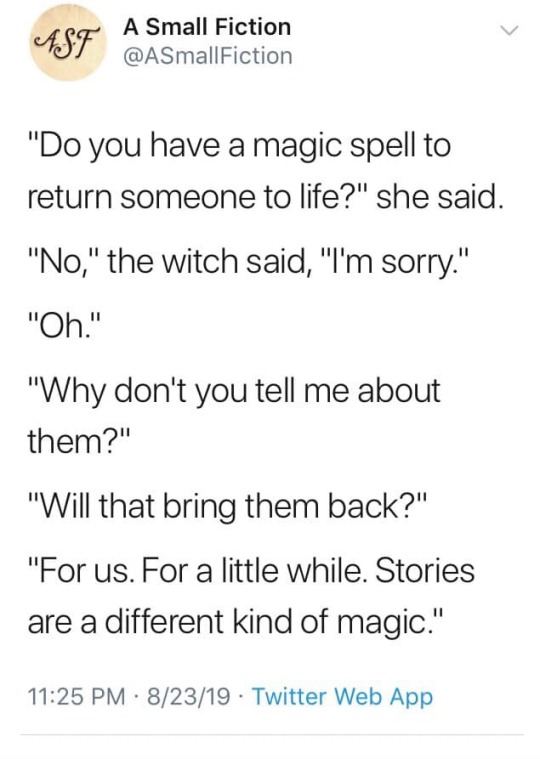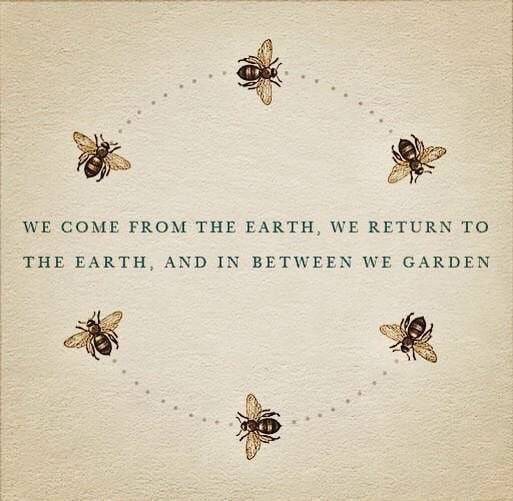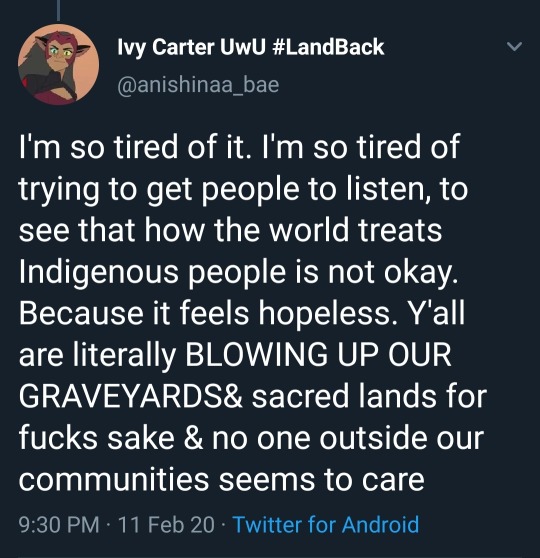turns out the justice of the People is inherently linked with our inevitable Rot
Don't wanna be here? Send us removal request.
Text
The US, even in its most eco-friendly and Go-Green regions, is neither bikeable nor forageable.
I live in the Pacific Northwest, and there are some bike paths and greenways, but they’re typically surrounded by roads and fences and construction developments, piled up with litter. Portland, Oregon (not where I live) is considered the most dangerous city in the US for bicyclists because of how much the bike paths intersect with street traffic and car-focused city design.
There are forageable pockets of natural land, but these are typically well-kept secrets that established hobby-foragers don’t want other people to know about, for fear of over-harvesting. Most trees in cities are sterile and fruitless, and even when they’re not, it’s a crime to take from them. Those are the city’s plums, they say, and the right to let them drop and break open and rot to syrup is ours and ours alone. Workers spray wild blackberries with rat poison, paid by the state to prevent the homeless from feeding themselves. They cull edible mushrooms or take them for themselves, and in their place leave only what will make you sick.
We’re getting closer to autumn and when I bike to work I see more and more seemingly abandoned bikes parked on the side of the road, but then I notice a man and a child who’s still wearing their school bag working together to pick apples, or a man still wearing his high visibility work clothes who’s putting raspberries in a wrinkled plastic bag, or an old woman who’s gingerly collecting mushrooms and putting them straight into the basket on her bike because she brought nothing else.
All of these people clearly didn’t plan to go foraging but just happened to spot something on their commute, and it made me wonder what people do in countries that doesn’t have much of a bike culture. Like, I get why Norwegians don’t bike as much as Danes. Taking a stroll in most towns is plenty of work with those mountains (seriously, if you ever wanted proof that fat doesn’t mean out of shape, watch fat Norwegians walk up and down those inner-city mountainsides like it’s nothing)
So my question is just, if you like to forage but don’t bike which means you can’t just stop when you spot something yummy in the bushes, what do you do exactly? Do you make a trip of it and drive to a forest? Because here that’s considered hardcore foraging for nature nerds here, even though most people do casual foraging. Or is foraging mostly done when you go for a walk and randomly spot a berry bush? Because a lot of my casual foraging is done when I walk my dogs.
486 notes
·
View notes
Text
Wiccans bragging about their epic cultural appropriation winz. what else is new
The "veil being thin" around Halloween implies that there is a time on the direct opposite side of the year when the veil is thickest.
After staring at a calendar for far too long, I propose June 1st or May 31st (without and with a leap year, respectively) because Halloween is the 305th day of the year and those are the 152nd days of any given year.
I also propose that we call it Neewollah (nee-woe-lah) because it's fun to say Halloween backwards.
1K notes
·
View notes
Photo

literally cannot stop thinking about ACT UP bootleg bart
14K notes
·
View notes
Text
i support universal free healthcare for one simple reason: if you are diagnosed with a terminal illness you should quit your job. quitting your job is the correct response to terminal illness. but you can’t do that if your healthcare is tied to your job
179K notes
·
View notes
Text
“In 1984, when Ruth Coker Burks was 25 and a young mother living in Arkansas, she would often visit a hospital to care for a friend with cancer.

During one visit, Ruth noticed the nurses would draw straws, afraid to go into one room, its door sealed by a big red bag. She asked why and the nurses told her the patient had AIDS.
On a repeat visit, and seeing the big red bag on the door, Ruth decided to disregard the warnings and sneaked into the room.
In the bed was a skeletal young man, who told Ruth he wanted to see his mother before he died. She left the room and told the nurses, who said, “Honey, his mother’s not coming. He’s been here six weeks. Nobody’s coming!”
Ruth called his mother anyway, who refused to come visit her son, who she described as a “sinner” and already dead to her, and that she wouldn’t even claim his body when he died.
“I went back in his room and when I walked in, he said, “Oh, momma. I knew you’d come”, and then he lifted his hand. And what was I going to do? So I took his hand. I said, “I’m here, honey. I’m here”, Ruth later recounted.
Ruth pulled a chair to his bedside, talked to him
and held his hand until he died 13 hours later.
After finally finding a funeral home that would his body, and paying for the cremation out of her own savings, Ruth buried his ashes on her family’s large plot.
After this first encounter, Ruth cared for other patients. She would take them to appointments, obtain medications, apply for assistance, and even kept supplies of AIDS medications on hand, as some pharmacies would not carry them.
Ruth’s work soon became well known in the city and she received financial assistance from gay bars, “They would twirl up a drag show on Saturday night and here’d come the money. That’s how we’d buy medicine, that’s how we’d pay rent. If it hadn’t been for the drag queens, I don’t know what we would have done”, Ruth said.
Over the next 30 years, Ruth cared for over 1,000 people and buried more than 40 on her family’s plot most of whom were gay men whose families would not claim their ashes.
For this, Ruth has been nicknamed the ‘Cemetery Angel’.”— by Ra-Ey Saley
403K notes
·
View notes
Text
anticapitalism…is about solidarity. like the whole basis of capitalist ideology is that personal gain is worth more than anything. anticapitalism, therefore, is the practice of supporting others despite capitalism’s insistence that we must care only about those issues that immediately impact us…so it’s deeply ugly to call yourself an anticapitalist & yet pursue only your personal liberation.
33K notes
·
View notes
Text
I always hire my guests to help me with ‘chores’ (if they’re willing!), the kind of task that’s fun at first but less fun when you have to keep going for hours (burning all the broom bushes in the pasture, picking many kg of berries to make syrup, carrying a mountain of logs into the wood shed and building stable log piles so they don’t come cascading down later…) And every time I’m amazed by the way humans can make the most tedious tasks genuinely fun through… group dynamics? just the way people start interacting and bonding with each other when everyone is focused on the same repetitive physical activity. It’s hard to find examples because it’s always so specific to each situation; but I mean things like
people spontaneously specialising and developing a feeling of expertise and pride in their subtrade, no matter how silly (putting away firewood involved one Log Selecter outside going back and forth delivering logs to two Pile Builders who piled them up in the shed, and each rapidly created their own well-oiled System and became convinced it would be hard to replace them now that they had mastered their craft)
new vocabulary being coined and immediately adopted (the Pile Builders came up with nicknames for logs of different lengths and shapes so they could ‘order’ them from the Log Selecter more efficiently—”I’ve got a One-Armed Bandit here, I need another one to fit next to it, but with an ‘arm’ on the other side” “Here” “The arm is on the same side!” “Just turn it around and the arm will be on the other side”)
songs emerging almost by themselves (a song about fishing mussels was repurposed into a song about picking plums; a whole new song was invented to encourage weirdly-shaped logs to fit in with the others as we tried to fill all the gaps)
stories being told. Weaving a trivial task into a complex imaginary plot and context to make it more entertaining and meaningful
the extremely human compulsion to write down our knowledge to share it with future generations (I was told to take note of the best & quickest knot to tie up foliage when making tree hay, for the benefit of whoever does it next summer)
beliefs as to the Right Way To Do Things quickly solidifying into myths or superstitions, as we forget what drove us to do things this way in the first place, but trust that we had good reasons so now it’s the Way It’s Done
I always tell people to help only if they feel like it and we can stop anytime and I’ll finish later by myself, but what usually happens instead is that they want to come back at the same time next year to do this exact chore again because of how they’ve made it theirs in just a few days (or in one afternoon!) Give a group of humans a banal task and while they’re at it they will come up with a whole new inside slang, a few work songs and a handful of founding texts and myths, until it feels special and important. I love seeing the way these miniature folklores just emanate from people doing things together.
37K notes
·
View notes
Text
much of the shortsighted “garden in every backyard” solarpunk vision of the future is also really rooted in the american obsession with “self-sufficient” capitalist independence imho.
not a criticism on anyone with a backyard garden, ovbs!! i think backyard gardens are really significant because 1) immediate food aid 2) they give people the chance to develop a personal relationship with nature, which is so important and life changing and a necessary step in being a meaningful steward of the ecosystem on every level. BUT capitalism is still keeping you alienated from everything beyond your backyard, and you can’t give away enough zucchini to fix those structural problems.
and again. it’s easy to turn your brain off and get lost in the pleasure of Having Stuff and the ways that you, personally, are better for your involvement with your backyard garden. we just have to not get complacent with those material victories, and keep challenging the systems that keep us alienated from our own food and our own environment.
11K notes
·
View notes
Text
that uniquely american cultural drive to preserve the corpse after death…. utterly horrid I tell you
71K notes
·
View notes







